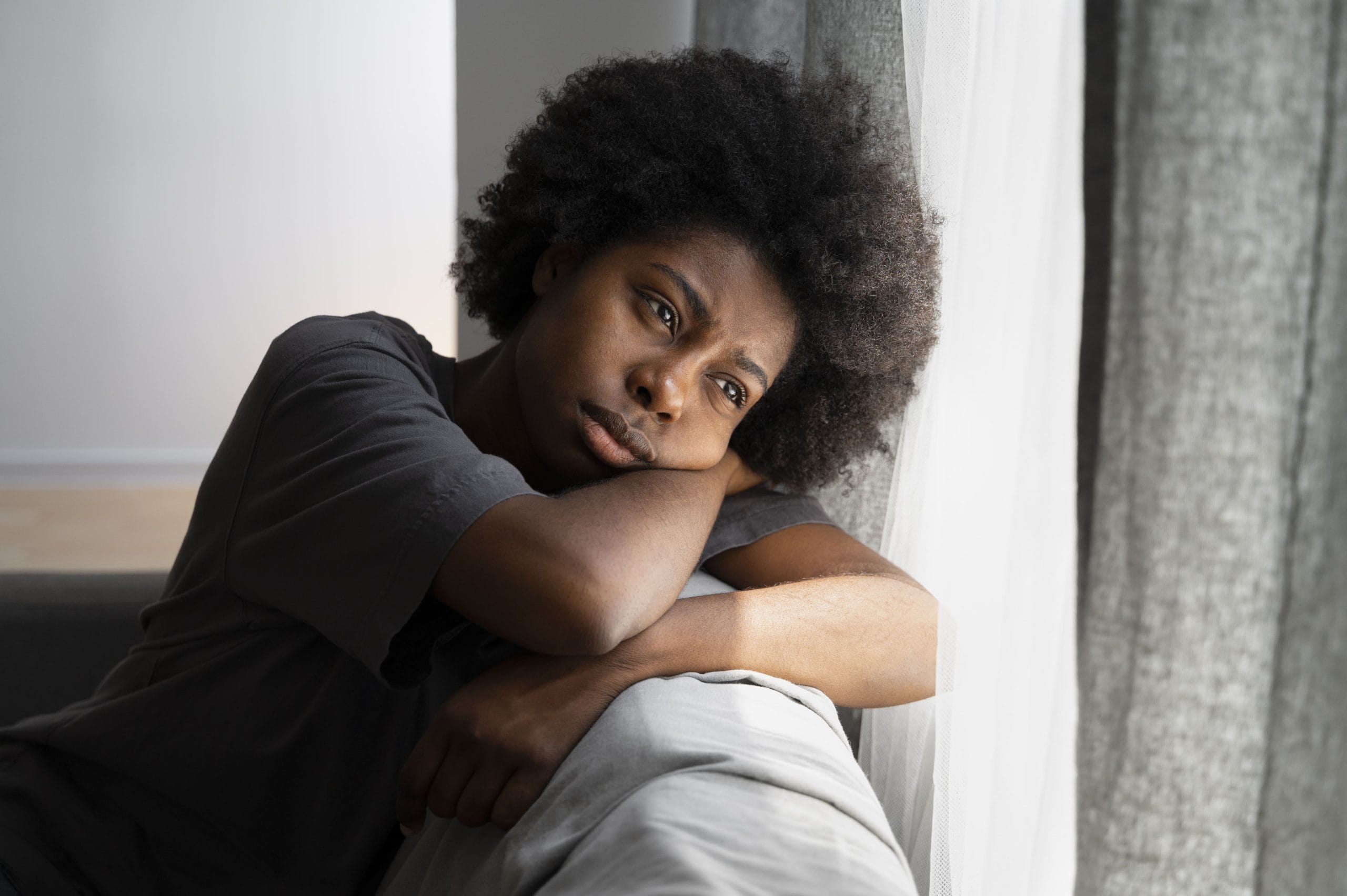Imagine your heart racing before a big presentation or losing sleep over a looming deadline. Stress is universal—but what happens when those feelings linger long after the event has passed? Is it just stress, or could it be anxiety?
While stress is a short-term reaction to external pressures, anxiety is a persistent mental health condition marked by excessive, uncontrollable worry. Recognizing the difference is crucial for effective management and mental well-being.
Mislabeling anxiety as everyday stress can delay treatment, worsening symptoms over time. By understanding their distinctions, you can take proactive steps toward better mental health.
Key Differences Between Anxiety and Normal Stress
Why It’s Important to Recognize the Signs?
Stress arises from specific external triggers (e.g., work deadlines, financial strain) and dissipates once the situation resolves. Anxiety, however, persists even without an obvious cause, often escalating into chronic worry. According to the Anxiety & Depression Association of America (ADAA), 40 million U.S. adults grapple with anxiety disorders yearly, yet only 36.9% seek treatment. Recognizing these differences early can guide timely interventions.
7 Proven Ways to Tell Anxiety Apart from Normal Stress
1. Duration and Persistence
Stress subsides once a problem is resolved. Anxiety lingers for weeks, months, or longer, even in the absence of triggers. For instance, while stress about an exam fades post-test, anxiety might manifest as relentless worry about future failures. The DSM-5 defines Generalized Anxiety Disorder (GAD) as excessive worry occurring most days for at least six months.
2. Physical Symptoms
Stress often causes headaches, muscle tension, or fatigue. Anxiety, however, triggers more intense physical reactions like dizziness, rapid heartbeat, or gastrointestinal issues. A 2019 Journal of Psychiatric Research study found that 43% of anxiety sufferers experience chronic digestive problems, compared to 25% of stress-affected individuals.
3. Triggers vs. Generalized Worry
Stress ties to identifiable triggers (e.g., job loss, arguments). Anxiety involves free-floating worry about hypothetical scenarios (“What if I get sick?”). This pervasive fear can feel disproportionate to actual risks.
4. Impact on Daily Life
Stress may temporarily distract you, but anxiety can derail daily routines. For example, anxiety might lead to avoiding social events or struggling with decision-making. The World Health Organization notes that anxiety disorders contribute to 200 million lost workdays annually.
5. Sleep Patterns
Stress might cause a restless night before a big meeting. Anxiety, however, often leads to chronic insomnia or frequent nighttime awakenings. Research in Sleep Medicine links anxiety to a 50% higher likelihood of sleep disturbances.
6. Emotional Reactions
Stress breeds irritability or overwhelm. Anxiety fuels irrational fear, panic attacks, or a sense of impending doom. For instance, while stress might make you nervous about public speaking, anxiety could convince you the audience is judging your every move.
7. Response to Relaxation Techniques
A walk or meditation session often alleviates stress. Anxiety, however, resists such fixes. A 2020 Journal of Clinical Psychology study found that only 30% of anxiety sufferers reported significant relief from relaxation techniques alone.
When to Seek Professional Help
Red Flags
- Symptoms persist for over six months.
- Avoidance of social/work activities.
- Panic attacks or suicidal thoughts.
Treatment Options
- Cognitive Behavioral Therapy (CBT): Helps reframe negative thought patterns.
- Medication: SSRIs or SNRIs for severe cases.
- Lifestyle Adjustments: Pair with therapy for holistic care.
Practical Tips to Manage Anxiety and Stress
- Mindfulness & Breathing: Practice 4-7-8 breathing (inhale for 4 seconds, hold for 7, exhale for 8).
- Exercise: Aim for 30 minutes of aerobic activity daily to boost endorphins.
- Sleep Hygiene: Create a tech-free bedtime routine.
- Diet: Reduce caffeine and sugar; prioritize omega-3-rich foods like salmon.
Conclusion
Differentiating anxiety from stress empowers you to seek the right support. While stress is manageable with self-care, anxiety often requires professional intervention. If symptoms disrupt your life, consult a mental health expert. Remember, 70% of anxiety sufferers see improvement with therapy (National Institute of Mental Health).



